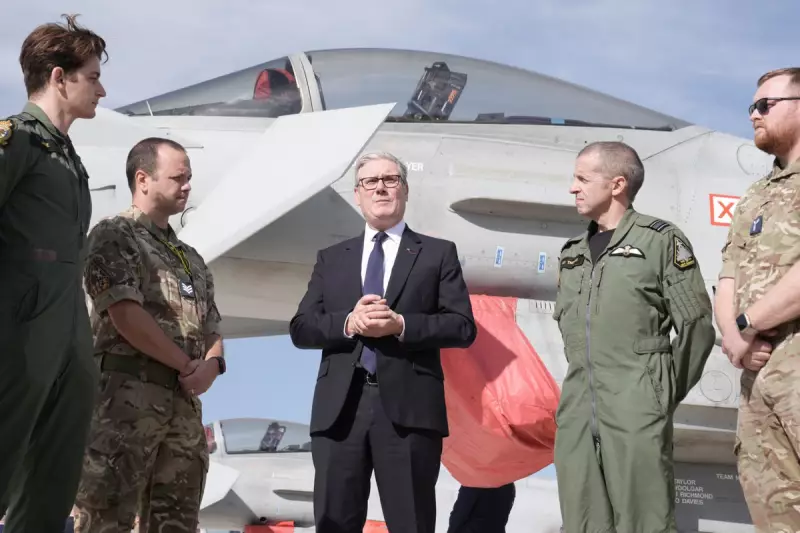
In a significant move signalling Labour's foreign policy priorities, Sir Keir Starmer has held high-level talks with Turkish President Recep Tayyip Erdogan during a strategic visit to Ankara. The opposition leader's diplomatic mission underscores his party's preparations for potential government and commitment to strengthening key international alliances.
Building Bridges with a NATO Partner
Accompanied by shadow defence secretary John Healey, Starmer's discussions focused heavily on defence cooperation between the two NATO members. The timing of this visit is particularly noteworthy, coming as Labour maintains a substantial lead in opinion polls ahead of the next general election.
The Ankara meetings represent Starmer's most substantial international engagement since becoming Labour leader, demonstrating his intent to establish relationships with global leaders early. This proactive approach marks a departure from traditional opposition politics and signals Labour's readiness to govern.
Strategic Defence Partnerships
Central to the discussions were opportunities for enhanced UK-Turkey defence collaboration, including:
- Joint security initiatives within NATO framework
- Counter-terrorism cooperation and intelligence sharing
- Defence industry partnerships and technology transfer
- Regional stability efforts in volatile areas
Diplomatic Positioning Ahead of Election
Political analysts view Starmer's Ankara visit as a calculated demonstration of statesmanship designed to reassure voters and international partners alike. By engaging directly with President Erdogan, Starmer aims to project an image of a prime minister-in-waiting, capable of handling complex international relationships from day one.
The shadow defence secretary John Healey emphasised the importance of maintaining strong ties with Turkey, noting its strategic position bridging Europe and Asia and its crucial role in NATO's southern flank.
Navigating Complex Relations
While strengthening ties, the Labour delegation also addressed areas where UK and Turkish interests have previously diverged, including human rights concerns and regional policy differences. The discussions reflected Starmer's balanced approach to foreign policy—seeking cooperation while maintaining principles.
This diplomatic offensive comes as Labour seeks to redefine Britain's global position post-Brexit, emphasising the importance of strong bilateral relationships alongside multilateral commitments to NATO and other international institutions.





